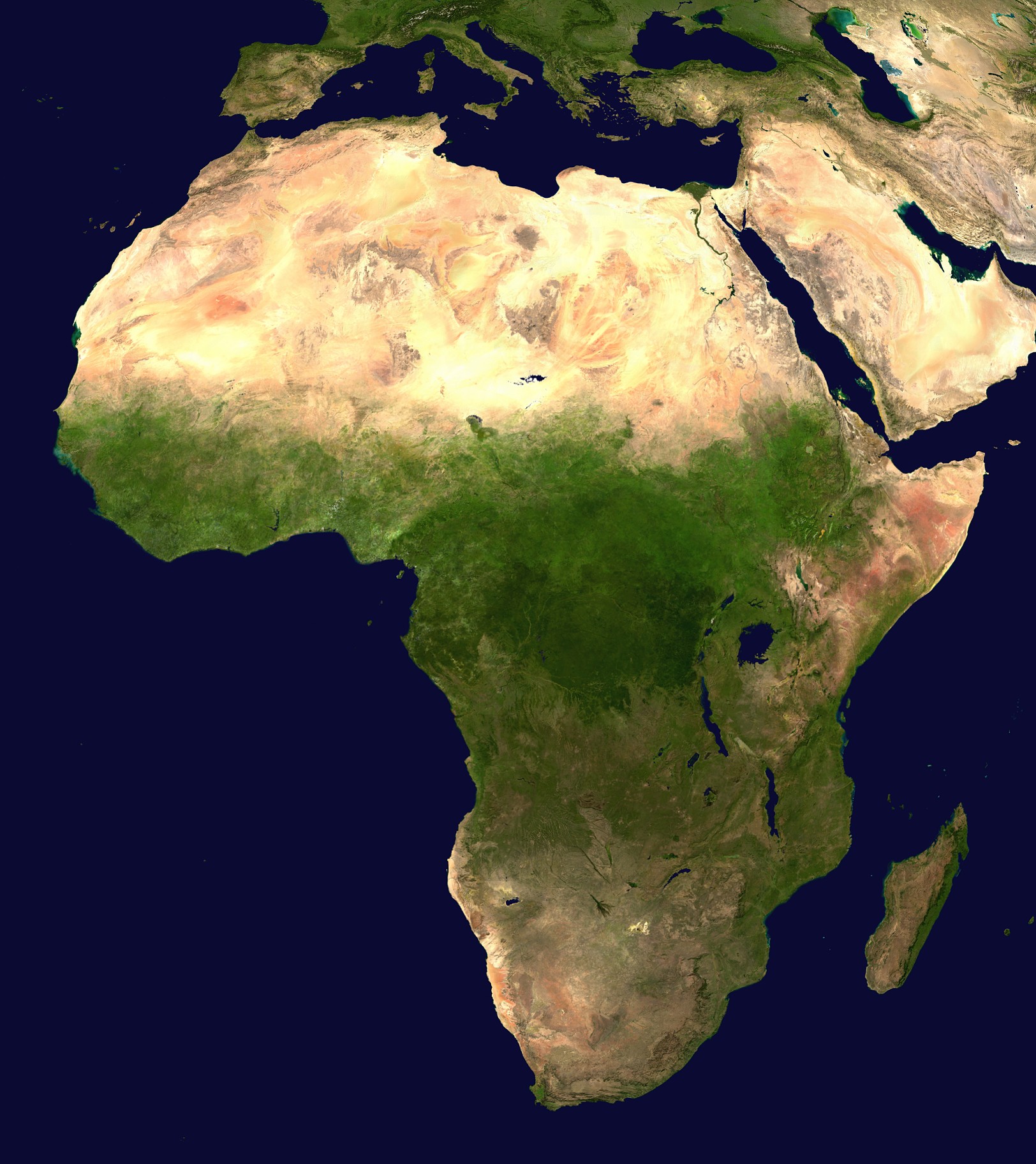Three things need to happen for me to be hopeful that Ethiopia can bring about a Green Renaissance and become a global leader in the green economy:
First, Ethiopia’s new leadership can quickly reassure the country’s worried populations, neighbours and allies by “rethinking” development strategies, which Mr Meles advocated in 2009, particularly some of those envisaged in its 2011-2015 Growth and Transformation Plan. The multi-billion dollar mega dams, farms and sugar enterprises are out-of-date, they are carbon/capital/resource intensive and subject to huge hidden costs with built-in diminishing returns. Can Ethiopia have a 21st century Renaissance using so much 20th century technology and thinking? The new government could reassure everyone by creating an open forum where these ultra-high-risk investments are given a serious “rethink”. In the meantime, thanks to the positive aspects of Mr Meles’s legacy, Ethiopia is well-positioned and well-qualified to launch a series of integrated, “mega-green” projects to balance the disintegrating “mega-brown”.
Second, Ethiopia’s allies and partners – governments, donars, investors and NGOs – can play a huge role in assisting and encouraging the new leadership to consider the risks involved in some of the strategies of the GTP. It is in no one’s interest (except the arms industry) if the enemies of Ethiopia’s religion are joined by enemies of development strategies. Millions of people in and around Ethiopia who are already living on a knife-edge due to climate change could soon be permanently tipped over. The security costs of such a disruption can hardly be imagined. The outcome of Rio+20, though disappointing on some levels, holds many opportunities for Ethiopia and Africa to put forward green investment plans that could generate huge demand for green technologies, goods and services; create millions of green jobs, and deliver a invaluable peace dividend. The international community knows enough about this final frontier to help build and expand Ethiopia’s Climate Resilient Green Economy.
Third, Item 24 of Africa’s Consensus Statement to Rio+20, calls on the international community “to put an international investment strategy into place to facilitate the transition towards a green economy.” This represents an opportunity for Africa and the new leaders of Ethiopia. Instead of waiting for the international community, preoccupied as it is with multiple crises, to deliver a meaningful green investment strategy on time Africa, led by Ethiopia, is in a strong position to propose a strategy of its own. Ethiopia’s current challenge is an historic opportunity to put forward green investment strategies that would appeal to other’s enlightened self-interest. Enough work has been done on Integrated River Basin Management and Biosphere Reserves (the best tools for the job) in Ethiopia for proposals to begin immediately. The tools, technologies, knowledge and skills are there. Investors are looking for stability with growth. Ethiopia can be a great re-balancer. Mr Meles once said that Africa “was a green field for investment because it is the least developed region on earth.” Ethiopia is one of Africa’s greenest fields. The challenge is to invest and keep the field green.
The Chinese government has recently seen the urgent need to build a “harmonious civilisation”. Ethiopia, the Cradle of Mankind where man’s genius for civilisation evolved, is the natural place for this to begin and succeed.

No comments:
Post a Comment